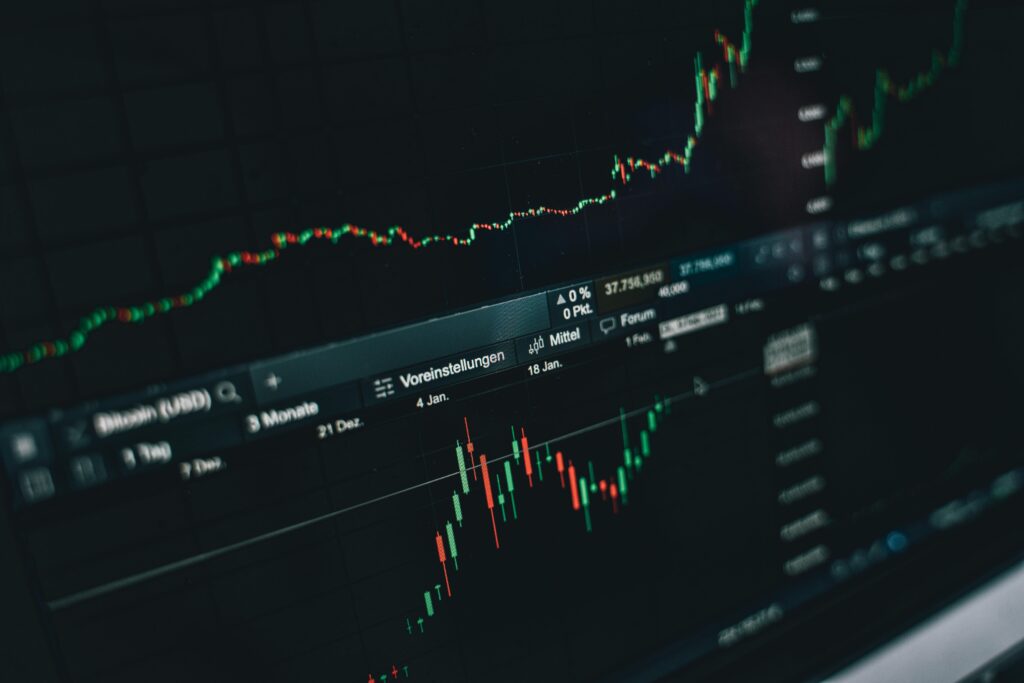Central Bank Policies and the Euro’s Climb
Central bank policies are significantly influencing the forex market, with the euro’s forecast revised upwards by HSBC. The bank expects the single currency to strengthen, projecting it to reach $1.20 against the U.S. dollar by the end of 2025. This optimistic outlook stemmed from a mounting global trend towards de-dollarization, reshaping the financial landscape.
The Impact of Central Bank Policies
The adjustment in HSBC’s forecast emphasizes the pivotal role of central bank policies in currency valuation. According to HSBC, the weakening of the U.S. dollar is anticipated over the following months. This trend results from narrowing interest rate differentials, weaker U.S. economic growth compared to international economies, and broader diversification tactics employed by global reserve managers and trade partners.
The strategic movements by central banks worldwide are contributing factors to this forex shift. As nations increasingly pivot towards more diverse reserve holdings, the entrenched reliance on the U.S. dollar is gradually diminishing. This anticipated dollar weakness is underpinned by a multi-faceted economic environment, involving both domestic and global players.
HSBC’s forecast recognizes these broader economic currents, signaling potential shifts in forex strategy as central bank policies in various countries adapt to these evolving global themes.
The Role of Global Economics in Currency Trends
The euro’s projected climb is not occurring in isolation. It reflects a larger pattern in global economics where nations are re-evaluating their financial positions relative to the dollar. As central bank policies evolve, they trigger ripples across forex markets, impacting currency strengths and weaknesses. This recalibration involves not just the U.S. and the eurozone but also countries pursuing alternative trading and financial arrangements.
Investors and analysts alike are paying close attention to central bank communications and policy announcements, which offer critical insights into future currency fluctuations. Prudently monitoring these signals can provide forex investors with a strategic edge in adapting to this dynamic environment.
Conclusion and Future Expectations
The interplay of central bank policies will continue to be crucial in the currency landscape. Strategies focusing on diversification away from the U.S. dollar will likely persist, supporting a stronger euro over time.
Investors should remain vigilant to these developments, as the nuances in central bank operations and decisions can significantly influence forex strategies.
For further insights into forex market movements, visit Investopedia, a trusted financial source.
At Bakara Invest, our analysis suggests that the current trend of de-dollarization, led by deliberate central bank policies, will bolster the euro’s strength against the U.S. dollar, reflecting broader economic shifts.
For more Forex market insights, visit our Forex News Section.
